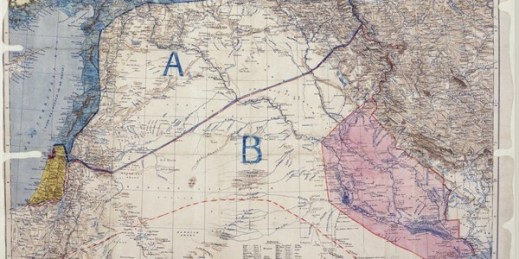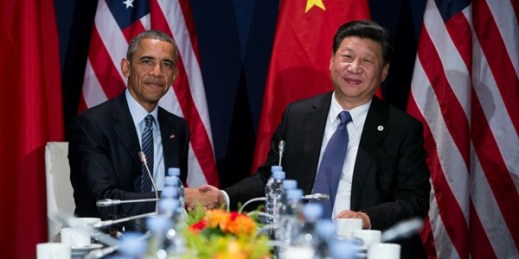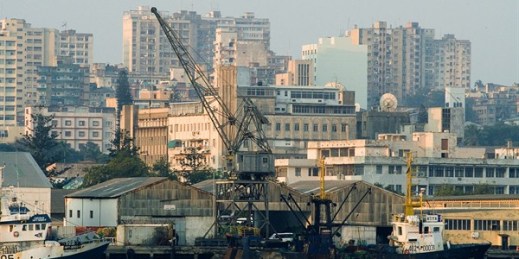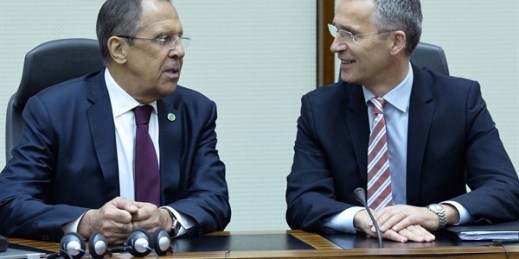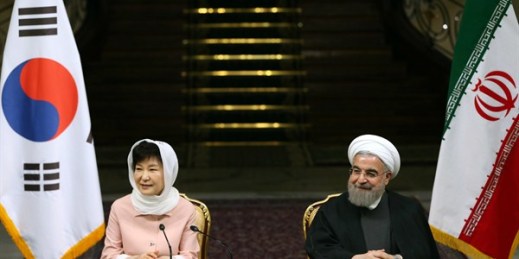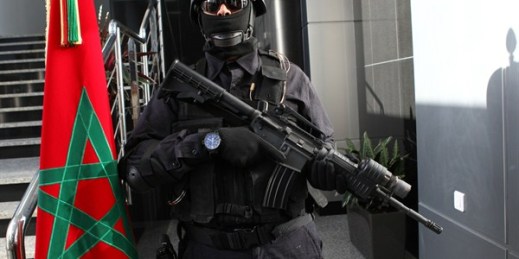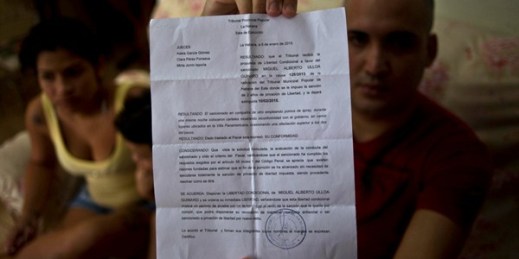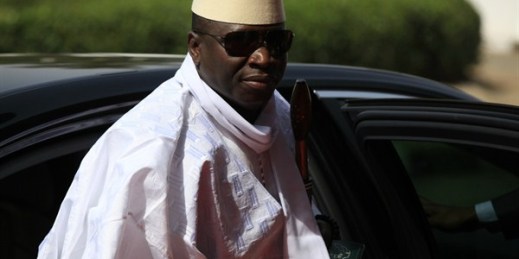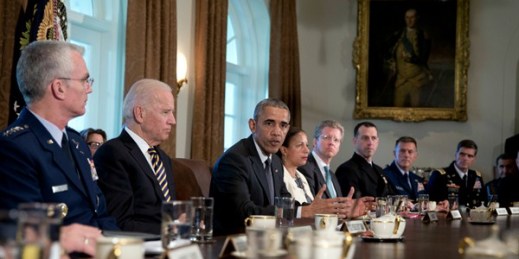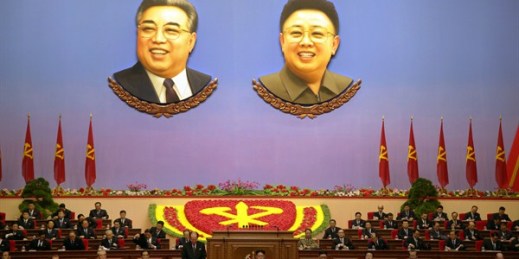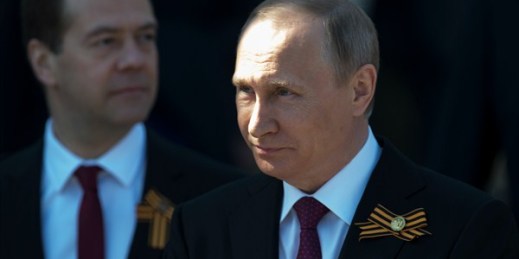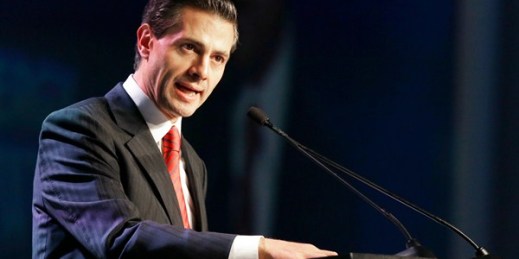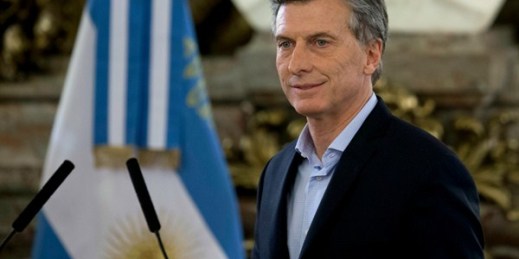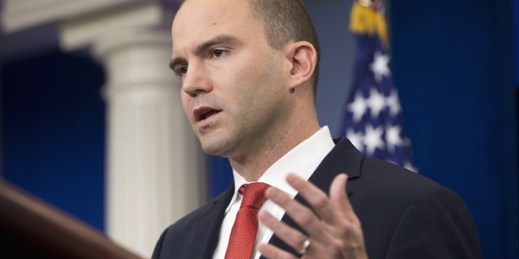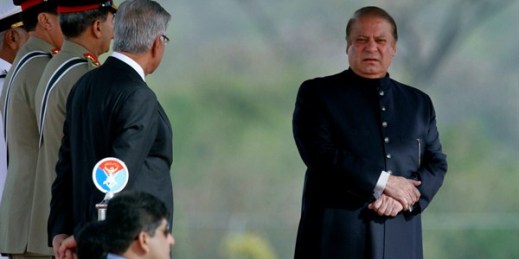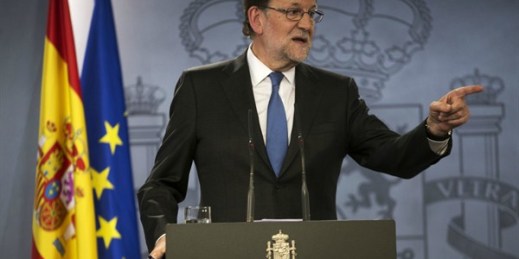![Japan's Prime Minister Shinzo Abe, center, shakes hands with Myanmar's] President Thein Sein, left, and Thailand's Prime Minister Prayuth Chan-ocha, July 4, 2015 (AP photo by Kazuhiro Nogi).](https://www.worldpoliticsreview.com/wp-content/uploads/2016/05/l_japan_mekong_05172016_1.jpg?w=519&h=259&crop=1)
Earlier this month, Japan announced a three-year, $7 billion investment deal with the countries of the lower Mekong River to boost development and improve infrastructure. In an email interview, Phuong Nguyen, an associate fellow with the Southeast Asia program at the Center for Strategic and International Studies, discussed Japan’s relations in Southeast Asia. WPR: How extensive are Japan’s ties in Southeast Asia, and with what countries does Japan have the closest relations? Phuong Nguyen: Japan has a long history with Southeast Asia dating back to the World War II period. Southeast Asia functioned as an important source of resources and […]

